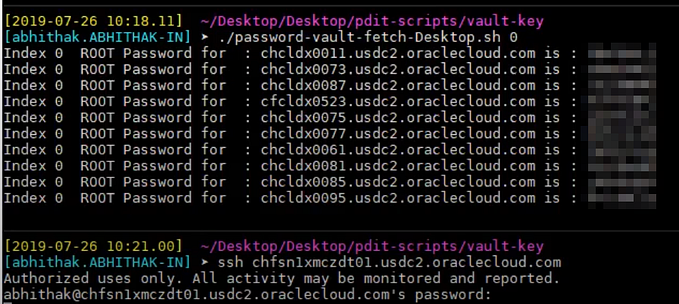Tower Hamlets’ PSPO A Shortsighted Policy Ignoring Dog Health Needs

The Animal Welfare Party (AWP) has raised significant concerns regarding the future health and welfare of dogs in Tower Hamlets, East London, following the council’s decision to launch a public consultation on implementing a borough-wide Public Spaces Protection Order (PSPO). The PSPO is aimed at addressing dog-related anti-social behaviour, but the potential repercussions for the borough’s canine residents and their owners are multifaceted and troubling.
The Core of the Issue
The AWP’s primary concern revolves around the potential mandate for dogs to be kept on leads in all public spaces, with exceptions limited to designated areas. This proposal, while ostensibly designed to curb anti-social behaviour, could have unintended detrimental effects on dog health and welfare.
Unrestricted, off-lead exercise is crucial for dogs, facilitating cardiovascular health, mental stimulation, and the expression of species-specific behaviours. The proposed restrictions might severely curtail these essential activities, leading to a decline in the overall well-being of dogs.
Impact on Dog Owners
The proposed PSPO would also place significant strain on dog owners, particularly those with limited mobility, busy schedules, or those living at a distance from designated off-lead areas. These individuals could find it challenging to provide their pets with the necessary exercise and stimulation, potentially leading to frustration and a decrease in the quality of life for both dogs and their owners.
For many, the companionship of a dog is intertwined with their own physical and mental health, and the proposed restrictions could disrupt this beneficial relationship.
Broader Concerns and Historical Context
The decision to move forward with the consultation, agreed upon in a recent cabinet meeting, has not adequately considered the potential negative consequences, according to AWP. The party criticises the council’s initial report for overlooking these aspects and urges a more comprehensive approach to tackling dog-related anti-social behaviour.
AWP advocates for a long-term, holistic strategy that includes a companion animal licensing system, stricter regulations on breeding, and the integration of animal care and protection into education. Such measures, they argue, would address the root causes of anti-social behaviour more effectively than restrictive PSPOs.
The council’s past controversies add another layer of complexity to the situation. Tower Hamlets has faced significant challenges and criticisms over the years, particularly during the tenure of former mayor Lutfur Rahman. Rahman was removed from office in 2015 after being found guilty of corrupt and illegal practices related to vote-rigging, including the use of undue spiritual influence on Muslim voters and the misallocation of council grants to secure electoral support. Despite these issues, Rahman was re-elected in 2022, prompting renewed scrutiny and concerns about governance in the borough). Inspectors were sent in as late as in February 2024 to weed out further corruption.
What is a PSPO
A Public Spaces Protection Order (PSPO) is a legal measure implemented by local authorities in the UK under the Anti-Social Behaviour, Crime and Policing Act 2014. It aims to address and prevent activities that negatively impact the local community’s quality of life within a designated area. PSPOs are designed to tackle a wide range of behaviours deemed anti-social, such as drinking alcohol in public places, littering, and aggressive begging. The orders grant councils the power to impose restrictions or requirements on individuals or groups to ensure public spaces can be enjoyed by everyone.
The implementation of a PSPO involves a public consultation process where local residents and stakeholders can voice their opinions on the proposed measures. This process ensures that the community’s needs and concerns are considered before an order is enacted. Once a PSPO is in place, it can last for up to three years, with the possibility of extension if necessary. Breaching a PSPO can result in fines or fixed penalty notices, emphasizing the importance of compliance and adherence to the specified regulations to maintain community standards and public safety
The Path Forward
AWP has committed to responding to and publicising the details of the public consultation once it is launched. They hope to galvanise a strong response from the animal advocacy community, highlighting the needs of dogs and their families. The absence of designated off-lead spaces in the borough, despite repeated requests, underscores the necessity for a more thoughtful and inclusive approach to dog welfare and management.
The debate over the PSPO in Tower Hamlets epitomises the delicate balance between maintaining public order and safeguarding the welfare of animals and their owners. It is imperative that the council carefully considers the feedback from the consultation and weighs the potential impacts on all stakeholders. Ensuring the health and happiness of dogs and their owners should be at the forefront of any policy decisions, fostering a community where both can thrive harmoniously.





